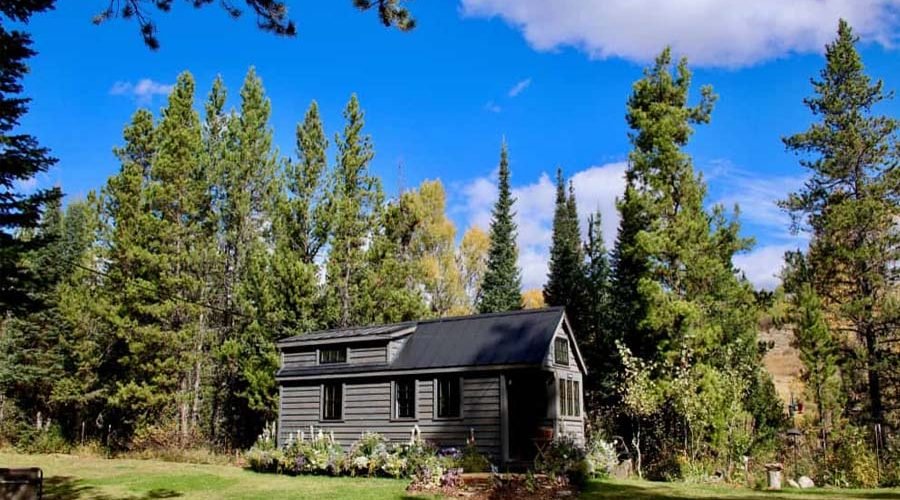Living off-grid often requires finding creative solutions to problems and being resourceful with what you have. Canning, dehydrating, and smoking are great ways to preserve food when living off-grid.
Off-grid living guides a lifestyle in which a person or a family lives independently away from public utilities and urban society. It also implies giving up on the electrical and water supply systems. It involves generating power through methods such as solar panels or wind turbines, collecting and treating one’s water, and living life by connecting with nature. Various sanctuaries like Azhen Sanctuary are helping and motivating people to live naturally off the grid. Jaymie and Shelby Friesen founded the 160-acre sanctuary to help people live off the grid.
Table of Contents
What Is Off-Grid Lifestyle?
People who live off-grid may also grow their food and live self-sufficiently. The goal of off-grid living is often to depend less on modern infrastructure and live a more sustainable lifestyle. Living close to nature and harnessing all the natural resources is the primary motive of an off-grid lifestyle. It may be difficult for beginners; however, the rewards are unimaginable once you get around all the methods and necessary skills. It improves everything from your health to your mind, making you a better version of yourself. Places like Azhen Sanctuary provide various workshop programs, assistance and guidance to help people live off-grid.
Ten Benefits Of Off Grid Lifestyle
- Financial independence: Living off-grid can reduce or eliminate the need for utility bills, saving money in the long term.
- Increased self-sufficiency: Being able to generate your power and collect your water increases your ability to care for yourself and your family.
- Reduced environmental impact: Off-grid living often involves using renewable energy sources and practicing sustainable living, which can reduce your overall impact on the environment.
- More privacy: Living off-grid can provide greater privacy and a sense of being removed from the hustle and bustle of society.
- Sense of community: Many off-grid communities are tight-knit, providing a sense of belonging and support.
- Closer connection to nature: Living off-grid often puts you closer to nature, allowing you to appreciate and learn from it more.
- Greater control over your living space: When you’re not tied to utility companies and city infrastructure, you have more control over the design and layout of your living space.
- Reduced dependence on technology: Living off-grid can help you to be less dependent on technology and more in tune with the natural world.
- Increased creativity and resourcefulness: Living off-grid often requires finding creative solutions to problems and being resourceful with what you have.
- The ability to live in remote and beautiful places: Many off-grid communities are located in remote, picturesque locations that would otherwise be inaccessible or unaffordable.
Tips To Live A Sustainable Off-Grid Lifestyle
- Solar panels and wind turbines are popular choices for generating electricity off-grid. Collect and store rainwater, use greywater for non-potable uses and be mindful of how much water you use.
- Start a vegetable garden, raise chickens or invest in other forms of sustainable agriculture. Be conscious about how much you are consuming and reduce your overall resource consumption.
- Find ways to reuse and recycle materials instead of constantly buying new things. Compost food scraps, recycle, and try to reduce the amount of trash you generate.
- When building or renovating, use sustainable materials such as straw bales, cob, or rammed earth. Connect with other off-grid or sustainable living communities for support and shared resources.
- Try to use alternative transportation methods such as biking or walking, or invest in an electric or hybrid vehicle. Stay informed about new sustainable living practices and technologies, and continuously look for ways to improve your off-grid lifestyle.
Bottom Line
Living off-grid can present unexpected challenges, so it’s essential to be prepared and have a plan. Knowing how to fix and maintain your equipment, such as your solar panels or generator, will be crucial for living off-grid. Take the time to understand the unique characteristics of the land you’re living on and how to utilize it best.





